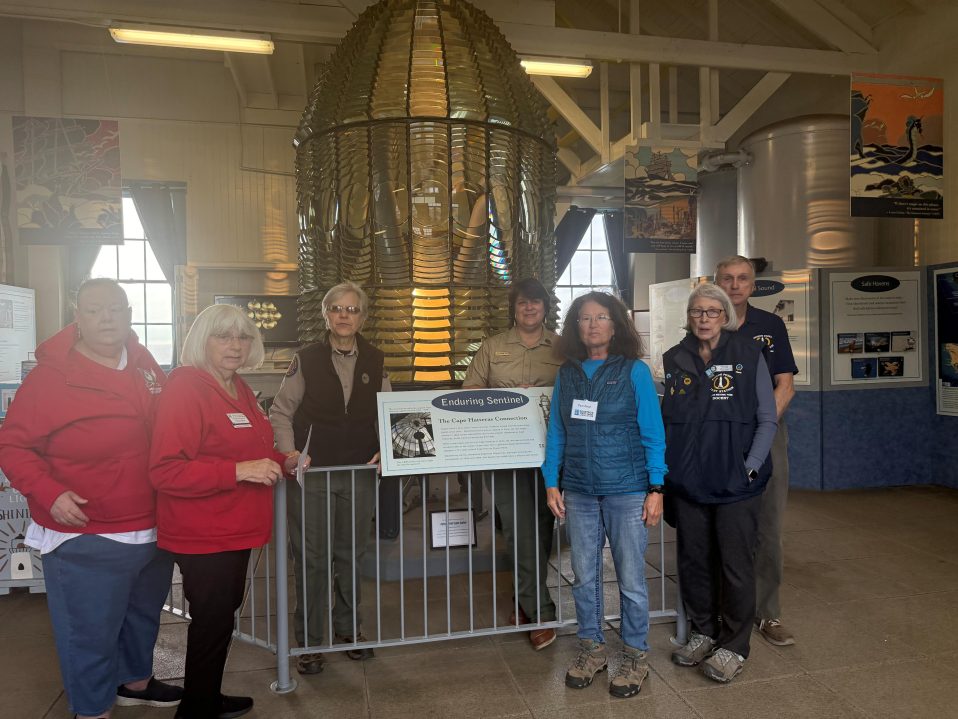
-117Days
-15Hours
-41Minutes
-27Seconds
Pre-World War I
- 1784: Benjamin Franklin playfully suggests waking up earlier to save on candle and oil use.
- 1895: New Zealand’s George Hudson proposes a two-hour time shift to have more daylight for his bug-hunting hobby.
- 1907: British builder William Willett seriously champions the idea of moving clocks forward to encourage people to get outside more during the summer. His proposal is considered by Parliament but not implemented.
World War I and the U.S. implementation
- 1916: Germany implements DST to conserve energy for the war effort, and other countries follow.
- 1918: The U.S. officially adopts DST with the Standard Time Act as a wartime measure to save fuel.
- Post-WWI: The U.S. repeals the law, but some cities continue to observe it.
World War II and the Uniform Time Act
- 1942: DST is reinstated as a wartime measure and called “War Time” during World War II.
- 1945: “War Time” ends after WWII.
- 1966: The Uniform Time Act is passed, which standardizes DST across the country for the first time. It established that DST would begin on the last Sunday in April and end on the last Sunday in October, though states could opt out.
Recent changes
- 1974-1975: A year-round DST period is attempted in the U.S. to save energy during an oil embargo, but it proves unpopular due to dark winter mornings.
- 1987: DST start date is moved to the first Sunday in April.
- 2007: The Energy Policy Act of 2005 goes into effect, shifting the start of DST to the second Sunday in March and the end to the first Sunday in November, which remains the current schedule.


Comment(1)-
- Recent Posts
- Recent Comments
- Post Tags



- Sherry Farley, PGP on Hands Only CPR
- Susan Renee Hennings on Time Change
- Sherry Farley, PGP on California Admission Day Celebration 2025- South San Francisco
Change
Life - Change (3)
- Life (3)
- Uncategorized (5)
-
Susan Renee Hennings says
November 1, 2025 at 12:39 pmI would like to do away with DST.
Hands Only CPR
February 9, 2026Pigeon Point Lighthouse – 2025
January 26, 2026Time Change
October 31, 2025Post Categories